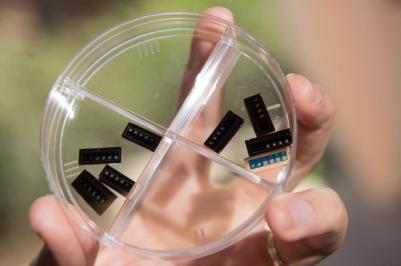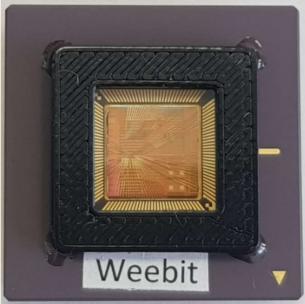Weebit and SiEn Integration Circuits sign agreement for RRAM collaboration
Israel-based SiOx RRAM developer Weebit Nano announced that it has signed a letter-of-intent with China-based SiEn QingDao Integrated Circuits to jointly investigate ways in which Weebitâs
technology can be used in SiEnâs products.

SiEn is a Communal Integrated Device Manufacturer (CIDM) company, which aggregates companies with similar target markets, technologies, production lines and customers to share common manufacturing technology production goals. Weebit hopes that its RRAM technology will
enhance SiEnâs competitive position by adding significant non-volatile memory capability to its future products.
